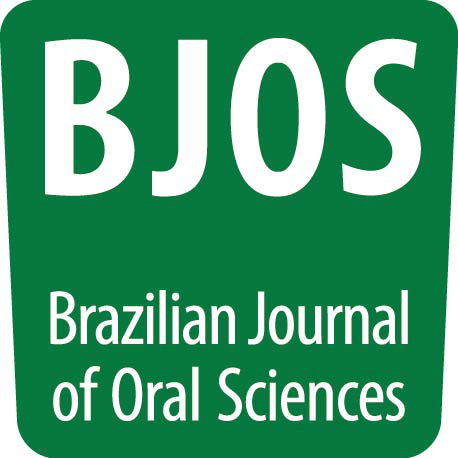ABSTRACT
Background
Tooth extraction socket in the aesthetic area is a major indication for immediate implant placement greatly improving patient satisfaction and preserving the alveolar ridge. However, the effect of non-axial force on the peri-implant bone with subsequent early implant failure remains unclear.
Objective
Evaluate the prognosis of tilted implants immediately placed and restored with angled abutments in comparison to straight implants restored with straight abutments in the esthetic area (anterior or premolars) using computer-aided surgical guides. Material and methods: Badly decayed non-restorable teeth in the aesthetic zone (anterior or premolars) were extracted atraumatically. Immediately after guided implant insertion, the abutments were adjusted and placed according to the allocation group (0, 15, or 25-degree angle) then a temporary crown was performed out of occlusion in centric and eccentric relation. Early implant failure was assessed at three and six months.
Results
There was no statistically significant difference between the two groups (P=0.305). Straight and angled abutment groups showed 6 (14.3%) and 8 (20%) failed cases, respectively. The post-hoc subgroup analysis showed no statistically significant difference between angle 15 and angle 25 degree groups where (P=0.686) or between Anterior and Premolar groups (P=0.853).
Conclusion
There was no statistically significant difference in the failure rate when comparing angled to straight immediately placed & restored implants. This applies to both anterior and premolar implants.
Weight-bearing; Immediate dental implant loading; Dental restoration failure; Dental implantation; Tooth extraction

 Thumbnail
Thumbnail
 Thumbnail
Thumbnail
 Thumbnail
Thumbnail
 Thumbnail
Thumbnail
 Thumbnail
Thumbnail
 Thumbnail
Thumbnail
 Thumbnail
Thumbnail
 Thumbnail
Thumbnail
 Thumbnail
Thumbnail








